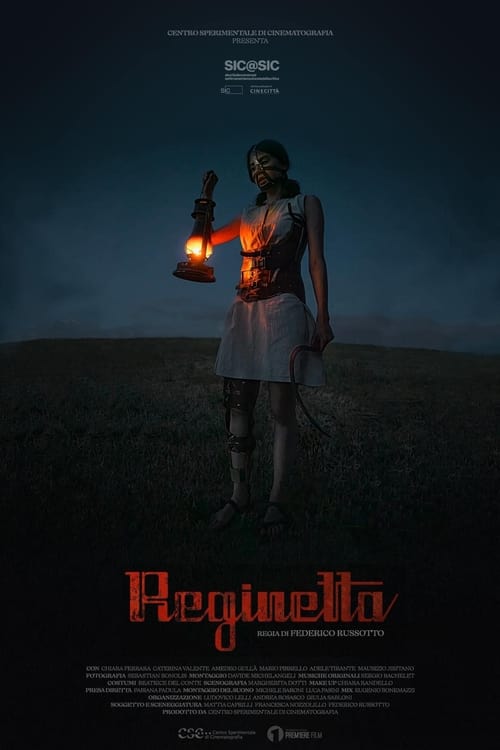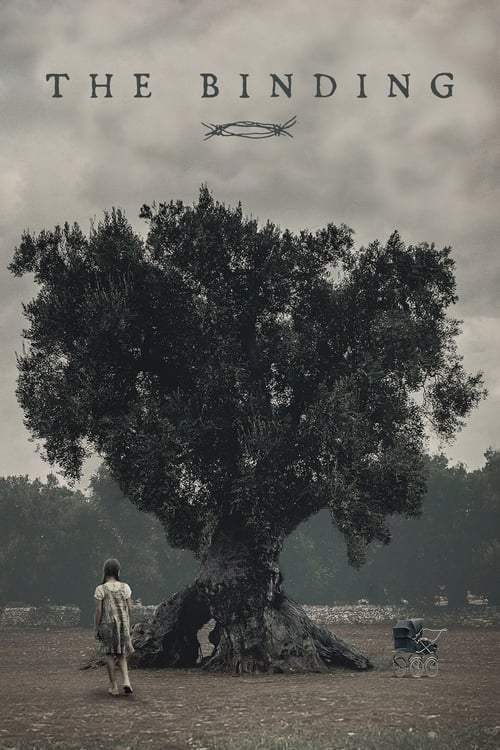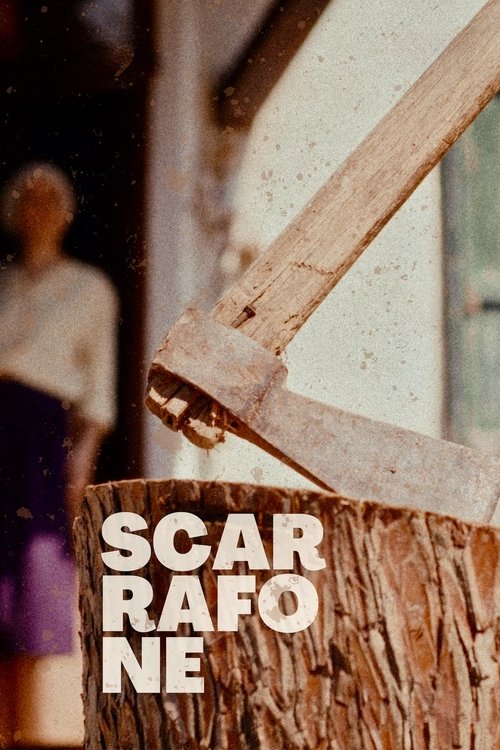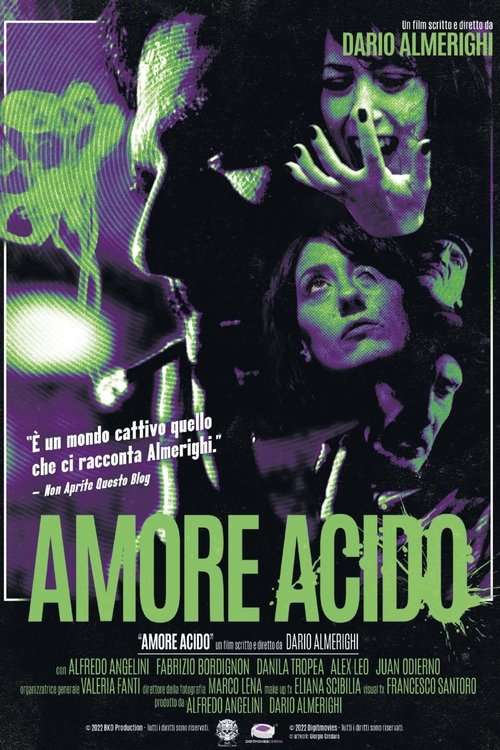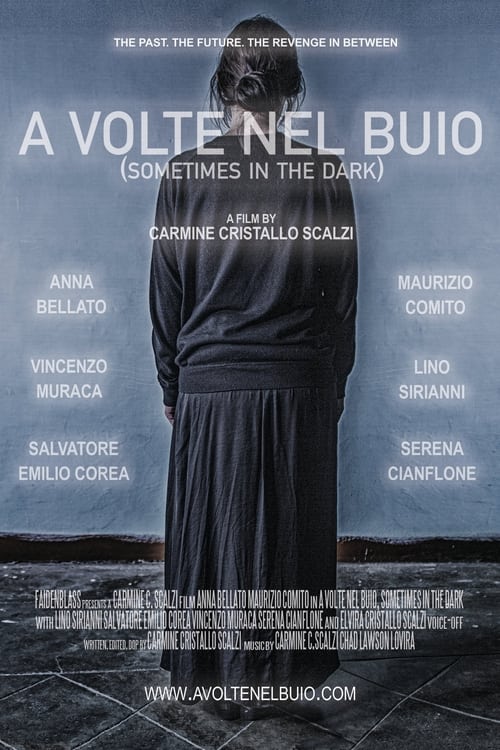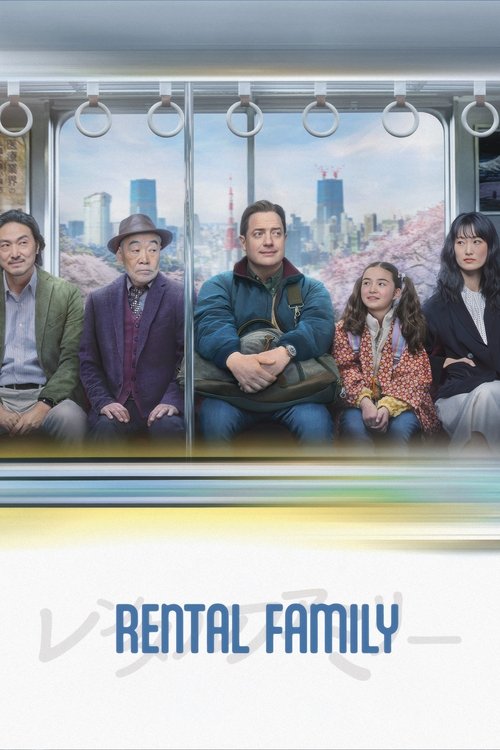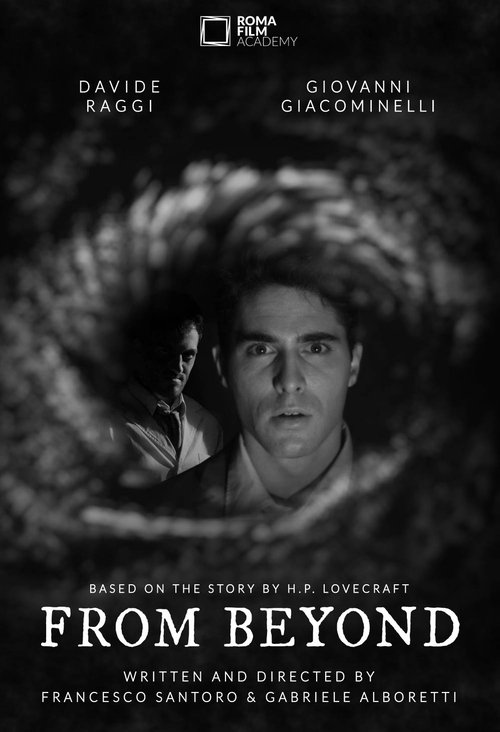
Ask Your Own Question
What is the plot?
What is the ending?
In the ending of "Reginetta," the protagonist, Reginetta, confronts her past and the choices she has made. After a series of emotional revelations and confrontations with her family and friends, she ultimately decides to embrace her true self and pursue her dreams, leading to a bittersweet but hopeful resolution. The film concludes with Reginetta stepping into a new chapter of her life, leaving behind the burdens of her past.
As the final act unfolds, the scene opens in Reginetta's childhood home, where she stands in front of a mirror, reflecting on her journey. The room is dimly lit, filled with remnants of her past--photos of her family, trophies from her childhood achievements, and a sense of nostalgia that weighs heavily on her. Reginetta's expression is a mix of determination and vulnerability as she prepares to face her family one last time.
The next scene shifts to the living room, where her family has gathered. Tension fills the air as Reginetta enters, her heart racing. She knows this confrontation is necessary. Her mother, who has always held high expectations for her, looks at her with a blend of disappointment and concern. Reginetta takes a deep breath, her voice trembling but resolute, as she expresses her desire to pursue a career in art rather than follow the path her family has laid out for her. The room falls silent, and the weight of her words hangs in the air.
As the conversation unfolds, Reginetta's father, who has been distant throughout her life, finally speaks up. He shares his own regrets about not following his passions, revealing a softer side that Reginetta had longed to see. This moment of vulnerability creates a bridge between them, allowing Reginetta to feel understood for the first time. Tears well up in her eyes as she realizes that her family's love is complicated but genuine.
The scene transitions to Reginetta's best friend, who has been her confidante throughout the film. They meet at a local café, where Reginetta shares her decision to leave her hometown and pursue her dreams in a bigger city. Her friend, initially shocked, ultimately supports her, reminding Reginetta of her talent and the importance of following her heart. This moment solidifies their bond, showcasing the theme of friendship and support in the face of change.
In the final scenes, Reginetta is seen packing her belongings, a mix of excitement and fear coursing through her. She glances around her room one last time, taking in the memories before stepping out into the world. The camera follows her as she walks down the street, the sun setting behind her, casting a warm glow that symbolizes new beginnings.
The film concludes with Reginetta arriving in the city, her eyes wide with wonder and determination. She takes a deep breath, ready to embrace the challenges ahead. The final shot lingers on her face, a blend of hope and resolve, as she steps into a gallery filled with art, hinting at her future as an artist.
In this ending, Reginetta's journey reflects the importance of self-discovery, the complexities of familial relationships, and the courage it takes to pursue one's dreams. Each character's fate is intertwined with Reginetta's growth, as they all learn to confront their own fears and aspirations, ultimately leading to a sense of closure and new beginnings.
Is there a post-credit scene?
In the movie "Reginetta," produced in 2022, there is indeed a post-credit scene that adds an intriguing layer to the story.
As the credits roll, the screen fades to black before transitioning to a dimly lit room filled with trophies and photographs of past beauty pageant winners. The camera slowly pans across the walls, showcasing the legacy of beauty and ambition.
Suddenly, the focus shifts to a young girl, around ten years old, practicing her pageant walk in front of a mirror. She wears a tiara that glimmers under the soft light, her expression a mix of determination and innocence. The girl's mother, who bears a striking resemblance to the film's protagonist, watches from the doorway, a proud smile on her face.
The scene captures the mother's internal conflict; she is torn between wanting her daughter to pursue her dreams and the lessons she learned from her own experiences in the pageant world. As the girl twirls, the mother's smile fades slightly, hinting at the weight of expectations and the potential pitfalls of the beauty industry.
The camera then zooms in on the mother's face, revealing a flicker of doubt and nostalgia. Just as she turns to leave, the girl calls out, "Mom, do you think I can be a queen too?" The mother pauses, her expression softening as she replies, "You can be anything you want, sweetheart, just remember to stay true to yourself."
The scene ends with the mother walking away, leaving the girl to practice, embodying the cycle of ambition and the complexities of identity that the film explores. This post-credit moment serves as a poignant reminder of the film's themes, suggesting that the journey of self-discovery continues across generations.
What motivates Reginetta to pursue her dreams despite the challenges she faces?
Reginetta is driven by a deep desire to prove herself and escape the limitations imposed by her environment. Her passion for music and performance fuels her determination, as she seeks validation and a sense of belonging in a world that often overlooks her.
How does Reginetta's relationship with her family influence her decisions throughout the film?
Reginetta's relationship with her family is complex; her parents have high expectations, which creates pressure but also serves as a source of inspiration. Their struggles and sacrifices instill in her a sense of responsibility, pushing her to succeed not just for herself but for them as well.
What role does the antagonist play in Reginetta's journey, and how does their conflict develop?
The antagonist, a rival performer, embodies the obstacles Reginetta must overcome. Their rivalry intensifies as both characters vie for the same opportunities, leading to moments of tension that challenge Reginetta's resolve and force her to confront her insecurities.
How does Reginetta's character evolve throughout the film, particularly in her interactions with friends and mentors?
Reginetta's character evolves from a timid dreamer to a confident performer. Her interactions with supportive friends and mentors help her discover her strengths, leading to pivotal moments where she learns to embrace her identity and talents, ultimately shaping her into a more resilient individual.
What significant events lead to Reginetta's turning point in the story?
Key events such as a pivotal audition, a betrayal by a close friend, and a heartfelt conversation with a mentor serve as turning points for Reginetta. These moments challenge her self-doubt and propel her towards a newfound determination to chase her dreams, marking a shift in her character arc.
Is this family friendly?
"Reginetta," produced in 2022, is a film that explores themes of family, identity, and personal growth. While it has a heartwarming core, there are several elements that may be considered objectionable or upsetting for children or sensitive viewers.
-
Emotional Turmoil: The film delves into complex family dynamics, including themes of abandonment and loss, which may evoke strong emotional responses.
-
Conflict and Tension: There are scenes of conflict between characters that may include raised voices and intense arguments, which could be distressing for younger viewers.
-
Depictions of Bullying: The protagonist faces bullying and social exclusion, which may resonate with sensitive audiences and could be upsetting.
-
Themes of Insecurity: The film addresses feelings of inadequacy and self-doubt, particularly in relation to societal expectations, which may be heavy for some viewers.
-
Mature Situations: While not graphic, there are moments that touch on mature themes, such as romantic relationships and the pressures of adolescence, which may not be suitable for all children.
Overall, while "Reginetta" carries a positive message, its exploration of deeper emotional issues may require parental guidance for younger audiences.

